Is there a way to change the system in Australia so more published authors make a comfortable living from their writing?
Keeping in mind the odds against them:
The huge number of books already available to readers - in libraries, on the shelves at home, borrowed from friends etc, and that book sales in 2020, a good year in sales, hit 67 million books, which is only 2.6 books for each Australian (and the vast proportion of those are old titles).
The competition. Hundreds (thousands?) of authors get published every year in Australia, most sell below a thousand copies each (at best a few thousand dollars for six months to X number of year's work) and these authors must fight each other for the marketing dollar and the ever shrinking book coverage in the shrinking traditional media.
The drift to online bookshops. Before the internet the range of books available to the reader was finite, because bookshops were finite. So at any given moment there might be between 10,000 & 100,000 titles available to buy. Since the advent of online shops, there are millions.
The influence of social media. Recent trends have been drawing readers to backlist titles (titles published more than a year ago) which is great for the chosen few but has played havoc with new book sales drivers like the bestseller lists.
And then there is the media obsession with the debut. A debut is a story. Rags to riches, overcoming adversity etc. Plus, a debut is new. Shiny. It's an understandable obsession. And publishers have to feed this need, dragging marketing spend (thus potential sales) from mid career authors to do so.
The publishing model itself. Jackie French once told me an author's viability is in their backlist. The same goes for publishers. The more they publish the greater chance of striking publishing gold - a perennial bestseller. The more of these they have the better for their bottom line.
So publishing is a numbers game, and the more they publish the greater their chance of winning. Most authors just make up the numbers. On occasion, a book secured for a paltry advance becomes a bestseller. These outliers are like crack cocaine for publishers.
Publishers can't count on the outliers though, so they try to manufacture bestsellers. They might throw a quarter of a million dollars at a couple of celebrities and a sportsperson, or an retiring politician - blowing their yearly budget - ensuring their other authors get greatly reduced advances.
Back to Jackie French's point. Backlist being the revenue engine for an author. But how do you develop a backlist in an industry obsessed with the new? Getting your second or third or fourth book published is just as difficult as the first, if your first didn't break sales records.
Having kept all of this in mind, is there a way to change the system in Australia so more published authors make a comfortable living from their writing?
Keeping in mind the odds against them:
The huge number of books already available to readers - in libraries, on the shelves at home, borrowed from friends etc, and that book sales in 2020, a good year in sales, hit 67 million books, which is only 2.6 books for each Australian (and the vast proportion of those are old titles).
The competition. Hundreds (thousands?) of authors get published every year in Australia, most sell below a thousand copies each (at best a few thousand dollars for six months to X number of year's work) and these authors must fight each other for the marketing dollar and the ever shrinking book coverage in the shrinking traditional media.
The drift to online bookshops. Before the internet the range of books available to the reader was finite, because bookshops were finite. So at any given moment there might be between 10,000 & 100,000 titles available to buy. Since the advent of online shops, there are millions.
The influence of social media. Recent trends have been drawing readers to backlist titles (titles published more than a year ago) which is great for the chosen few but has played havoc with new book sales drivers like the bestseller lists.
And then there is the media obsession with the debut. A debut is a story. Rags to riches, overcoming adversity etc. Plus, a debut is new. Shiny. It's an understandable obsession. And publishers have to feed this need, dragging marketing spend (thus potential sales) from mid career authors to do so.
The publishing model itself. Jackie French once told me an author's viability is in their backlist. The same goes for publishers. The more they publish the greater chance of striking publishing gold - a perennial bestseller. The more of these they have the better for their bottom line.
So publishing is a numbers game, and the more they publish the greater their chance of winning. Most authors just make up the numbers. On occasion, a book secured for a paltry advance becomes a bestseller. These outliers are like crack cocaine for publishers.
Publishers can't count on the outliers though, so they try to manufacture bestsellers. They might throw a quarter of a million dollars at a couple of celebrities and a sportsperson, or an retiring politician - blowing their yearly budget - ensuring their other authors get greatly reduced advances.
Back to Jackie French's point. Backlist being the revenue engine for an author. But how do you develop a backlist in an industry obsessed with the new? Getting your second or third or fourth book published is just as difficult as the first, if your first didn't break sales records.
Having kept all of this in mind, is there a way to change the system in Australia so more published authors make a comfortable living from their writing?
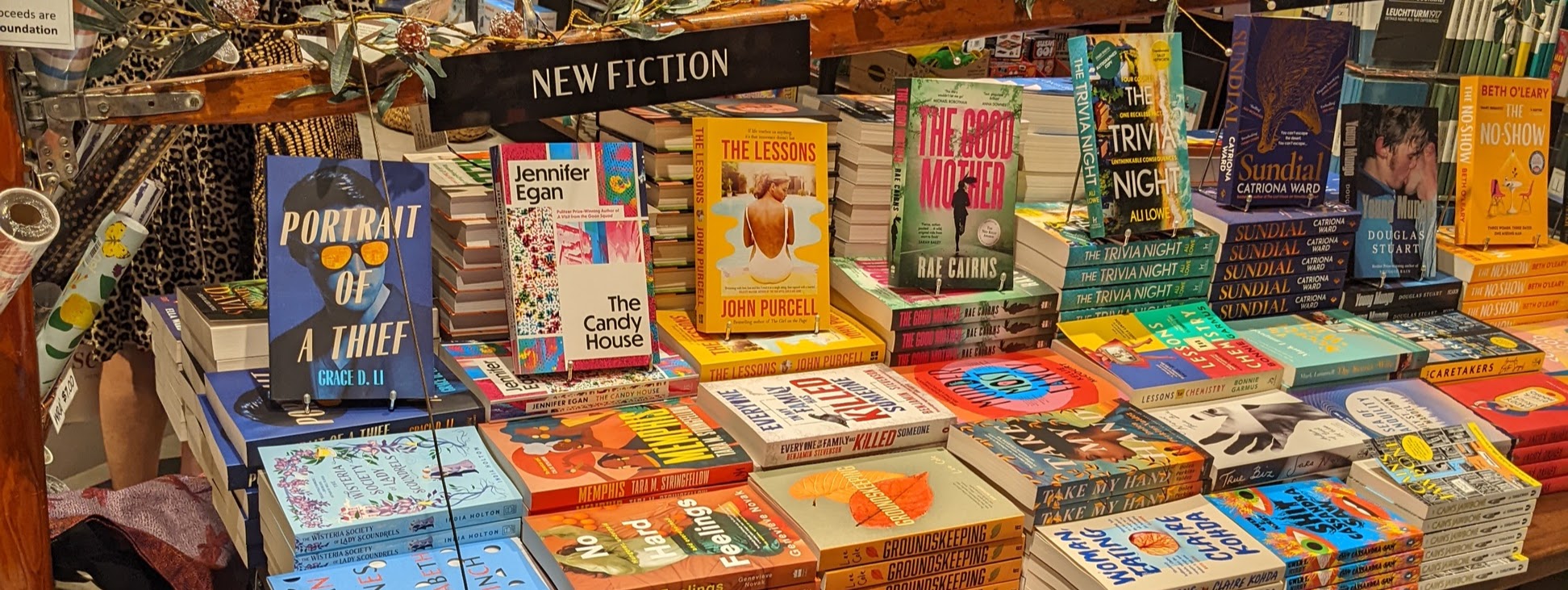
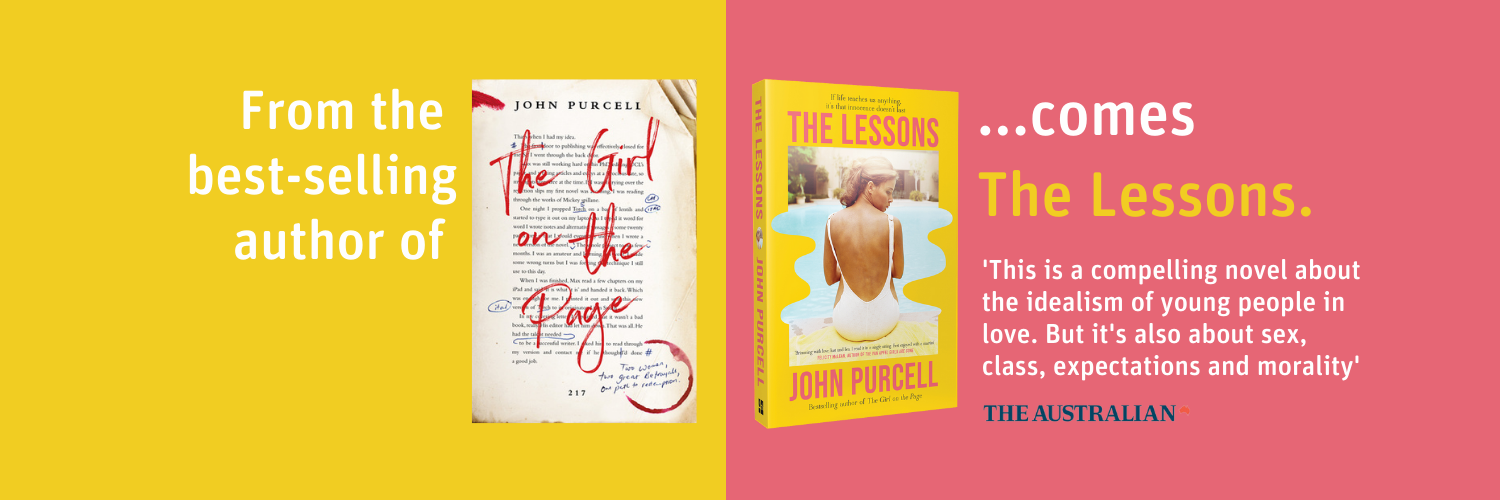

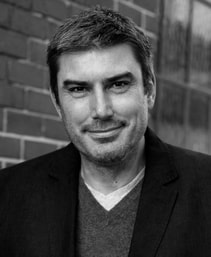
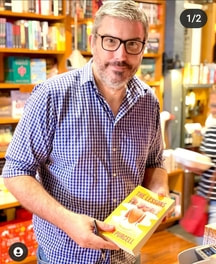
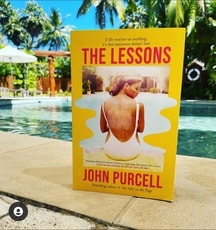
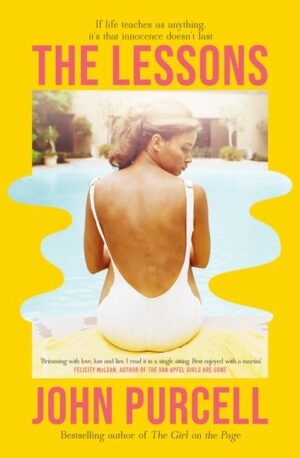
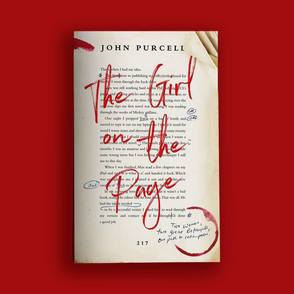
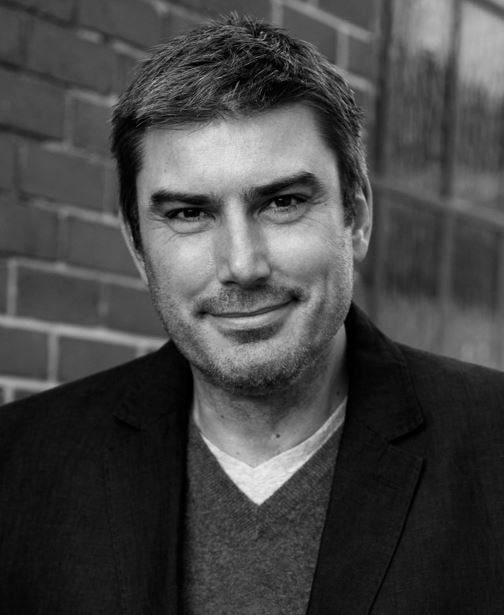
 RSS Feed
RSS Feed